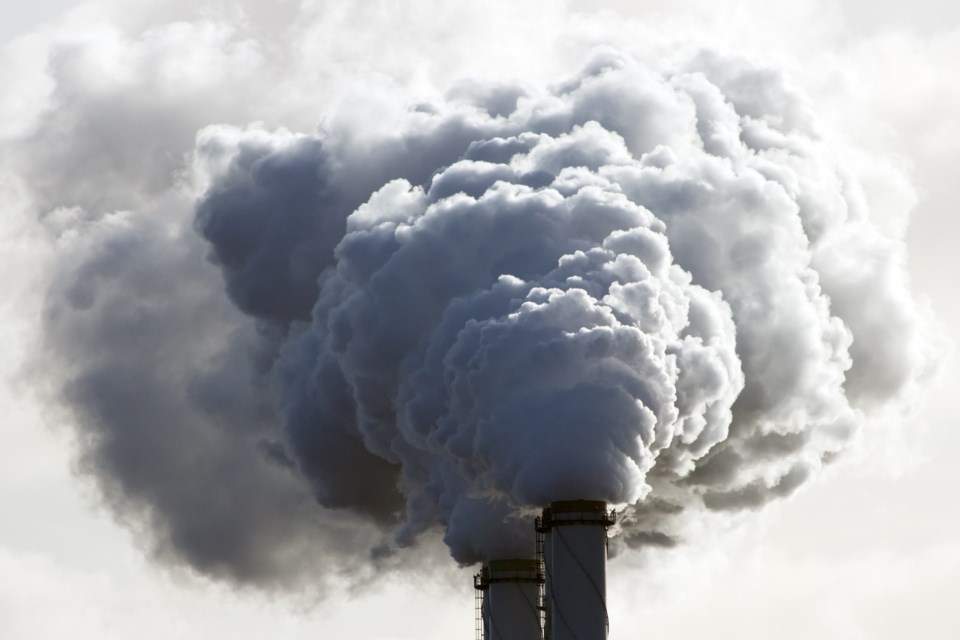A September survey conducted by GuelphToday showed the environment is the most important issue for voters in Guelph.
The environment is the global cause célèbre these days. No doubt you’ve heard about the COP 26 Climate Change Conference in Glasgow, Scotland. This Conference of the Parties (COP) is hosted for those who have signed the UN Framework Convention on Climate Change.
Indeed, the environment was a key issue during the most recent federal election. We even have a Green Party that promotes this one theme and our region has the only elected Green politician for the province.
If the greenhouse gases are such a concern to us and the environment has become the new religion, how is it that people are more than happy to churn out smog while they wait at the drive through for a coffee, a doughnut or a hamburger?
Let me be clear, this is not an assault on the good folks behind the counter. Nor is this a criticism of the occasional cheap treat of a burger or a coffee. The enemy is not them, it’s us. Vehicles account for a significant amount of greenhouse gases that affect the environment. The drive through problem has been acknowledged in places like Toronto, Hamilton, London and other cities that have looked at reducing drive through locations. By my count, there are almost 20 such locations in Guelph alone—imagine all those cars sitting idling for 5 to 10 minutes or longer.
Since we’re talking about the environment, I also wonder about all of those inefficient pickup trucks in town. If you’re in business or hauling a trailer, a truck is a necessity, but are they essential for the rest of us? Pickups are a top seller in North America. How does that measure up to the environment being the number one issue? New trucks may be more efficient but they still don’t compare to most new cars. A walk around my block reveals that 50 per cent of the vehicles are pickups. Not to get all up in your grill about it, but do we need a pickup truck that is far less fuel efficient than a car?
I’m no environmental snob. There is no need to duck and cover if you see me coming while at the drive through in your truck. I have my own inconsistencies, so there is no judgment here.
However, given the high number of people who live these vehicular contradictions, I have to reflect on whether we really believe in practicing what we preach.
An even deeper question relates to how we tend to support things in our own self-interest. Those people who live in places that don’t depend on oil for jobs seem happy to campaign against oil pipelines, torpedoing the economy of Alberta, for example. We feel it does not affect us. Meanwhile, we are unwilling to give up the convenience of our gas-guzzling trucks or even walk a few feet for a coffee. As we look at COP 26, it exposes this bigger human problem of being centred on ourselves. If the queue for cars waiting for coffee are any indication, we seem fine with these contradictions.
As one friend in the oil business said to me, “We are trying to decrease our footprint for a product the world still needs, but sometimes we wonder if the people asking us to sacrifice are willing to do the same. Can we take them seriously?” He has a point.
I hope the meetings in Glasgow help move the globe to a safer place, but if we are to make the world better, we all need to be ready to make some sacrifices and maybe stop pointing the finger at everybody else.
